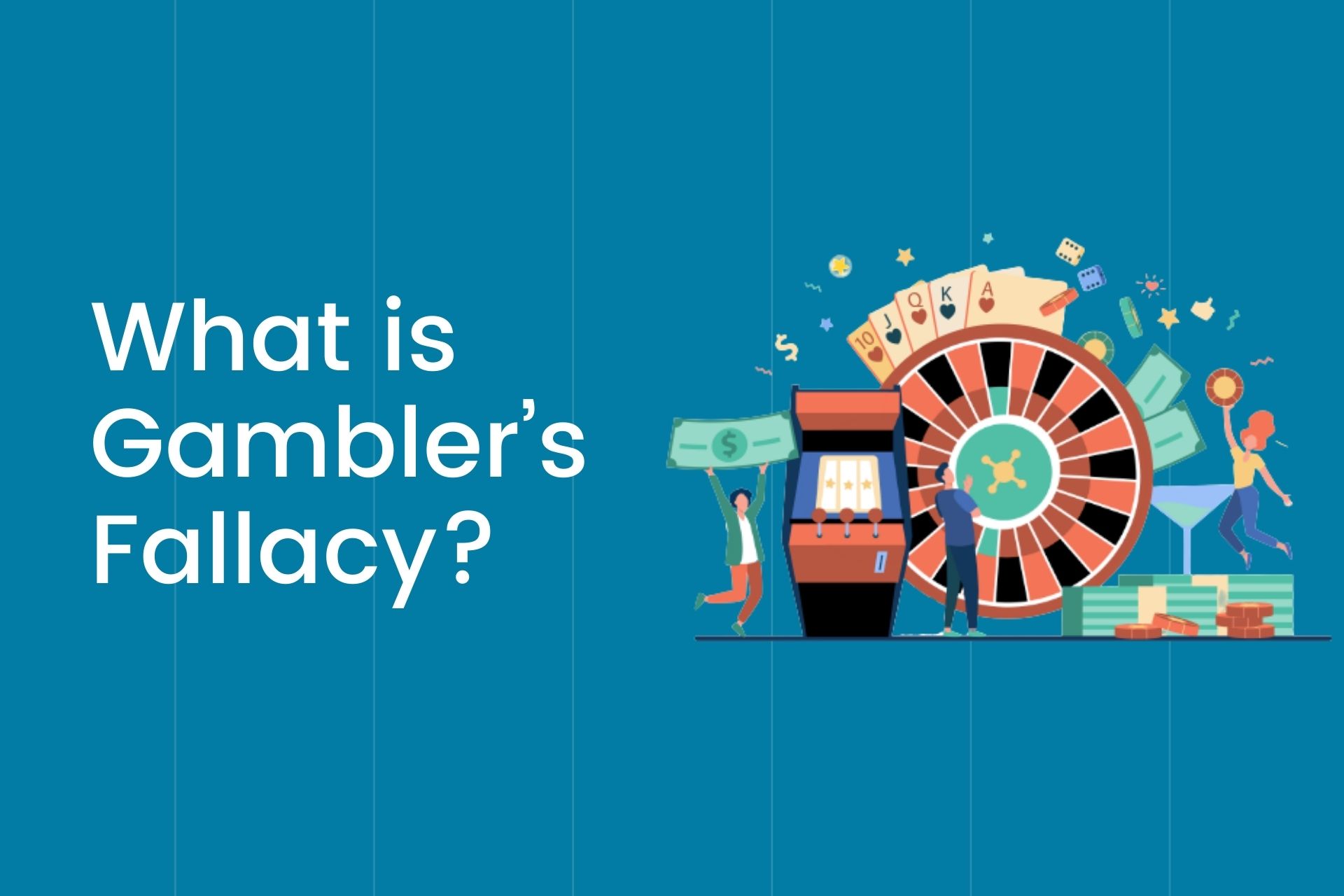Gambling is an activity that has been around for centuries. In the past, it was used as a means of entertainment, but nowadays, it has become a multi-billion-dollar industry. Many people enjoy gambling as a way to pass the time, socialize, and even make some extra money. However, there are some people who take it too far, and this is where the concept of Gamblers Fallacy comes into play.
Gamblers Fallacy is a false belief or perception that past events in gambling will affect future outcomes. It is a cognitive bias that can lead to irrational decision-making while gambling. In simpler terms, it is the belief that if something has happened many times in the past, it will be less likely to happen in the future, or vice versa. This kind of thinking can lead people to make poor decisions while gambling, which can result in significant financial losses.
Understanding Gamblers Fallacy
Gamblers Fallacy is also known as the Monte Carlo Fallacy, and it refers to the belief that the outcome of a random event is affected by previous outcomes. For example, if a player flips a coin and it lands on heads five times in a row, they might believe that the next flip is more likely to land on tails. However, this perception is incorrect as the probability of the coin landing on heads or tails remains the same irrespective of the previous outcomes.
Another example of Gamblers Fallacy is in playing the lottery. Some people believe that if a particular set of numbers has not won the lottery in the past, it is due to come up in the future. However, as with the coin flip example, the probability of these numbers coming up in the future remains the same, regardless of past outcomes.
Examples of Gamblers Fallacy
Gamblers Fallacy is prevalent in many forms of gambling. A common example is in roulette, where players might believe that a particular color of the number is due to come up after a series of spins. Another example is in sports betting, where players might believe that a particular team is due to win after a series of losses. However, as we discussed earlier, the outcomes of these events are independent of each other, and past events do not affect future outcomes.
Conclusion: Understanding the Consequences of Gamblers Fallacy
Gamblers Fallacy is a cognitive bias that can lead to irrational decision-making while gambling. Players who believe in this fallacy might end up losing more money than they intended or even become addicted to gambling. Therefore, it is essential to understand the true nature of random events and not let past outcomes influence future decisions while gambling.
In conclusion, understanding Gamblers Fallacy is crucial for making rational decisions while gambling. It is a cognitive bias that can lead to poor outcomes and even addiction. By acknowledging the true nature of random events, we can avoid falling prey to this fallacy and make informed decisions while gambling. It is essential to remember that gambling should be a form of entertainment and not a way to make a living. As such, it is important to gamble responsibly and within one’s means.

